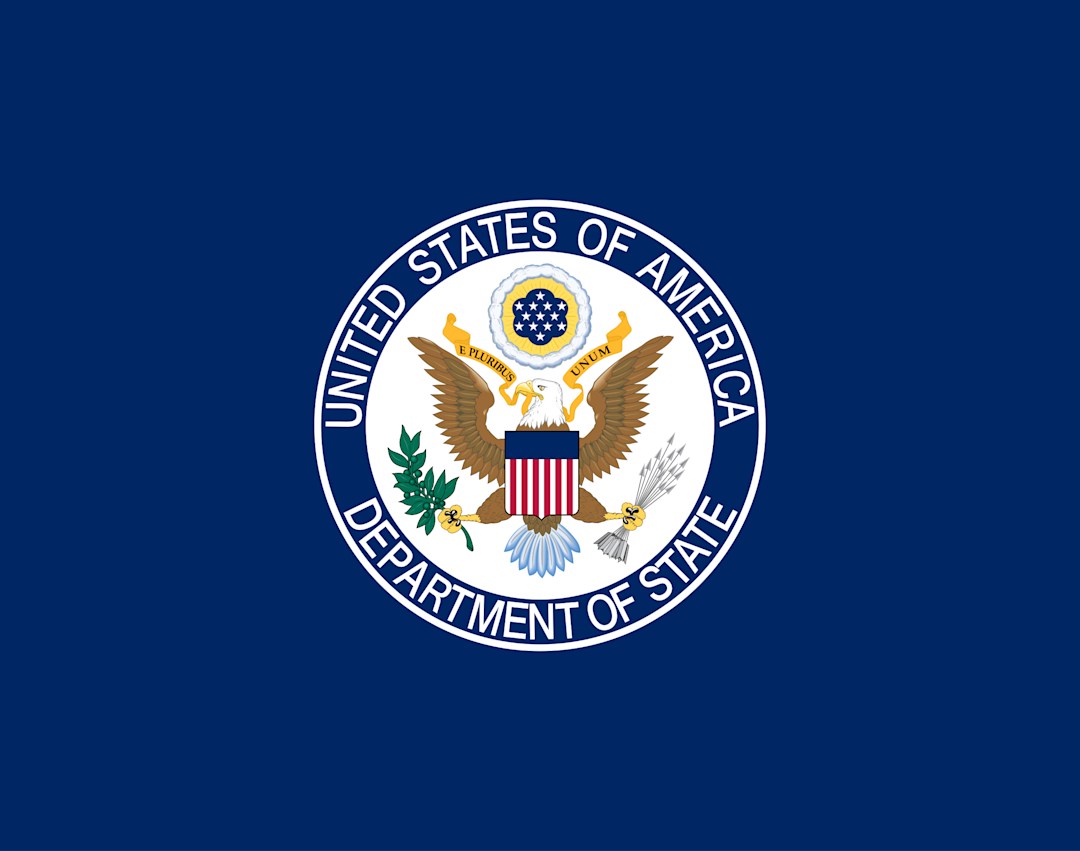Transnational Advocacy Network: cause or solution ?

Should diplomacy be a policy of states, by states, and for states ?
For a long time, the international stage was conceived as an exclusively state-run theater, where sovereignty was the foundation of all diplomatic action. Cooperation between nations became institutionalized through multilateral forms, born out of the desire of states to peacefully regulate their power relations and establish common rules.
Multilateralism, in essence, is therefore based on coordination between several states according to shared principles of reciprocity and universality. It embodies the search for a collective order in a world fragmented by national interests. However, the emergence of new international actors is redefining the dynamics of power. These actors, organized into networks, are asserting themselves in the diplomatic arena, thereby challenging state prerogatives and the very foundations of multilateralism.
We must therefore question the role these actors play in the crisis : do these networks of transnational actors compensate for the failures of multilateralism or do they contribute to its fragmentation ?
Transnational advocacy network
Transnational Advocacy Networks (TANs) refer to groups of actors from different countries : international and national NGOs, local social movements, foundations, media outlets, trade unions, religious organizations, researchers, intellectuals, and even certain branches of governments and international institutions.
These flexible, horizontal networks transcend national borders to unite actors around common values such as the defense of human rights, environmental protection, and social justice. They operate on the basis of voluntary cooperation, information exchange, and resource sharing in order to amplify the voices of the weakest actors on the international stage.
Lacking « traditional » power, these networks rely on other levers : information, ideas, and strategies. The goal is to transform the framework in which states develop their policies and influence international diplomatic decisions. To achieve this, they employ a variety of tactics, four of which are particularly relevant in the multilateral context :
Information politics: influencing political decisions by disseminating credible information to decision-makers.
Symbolic politics: using symbols and images to create storytelling that resonates with the public and legitimizes a cause.
Leverage politics: mobilizing concrete resources (money, trade, international aid) or intangible resources, such as public « shame », by exposing government failures to mobilize international opinion. The more an organization mobilizes, the more its political weight and legitimacy increase.
Accountability politics : acting after decisions have been made to compel governments to honor their commitments by exposing the gap between rhetoric and reality.
Humanitarian action
These networks rely on the construction of « interpretive frameworks ». They reframe old problems to make them understandable, urgent, and legitimate. In the diplomatic arena, this ability to redefine issues often allows them to introduce new topics to the international agenda, guide debate, change perceptions and priorities, and thus directly influence diplomacy.
A striking example of the impact of these networks remains the fight against apartheid. Composed of NGOs such as Amnesty International and Human Rights Watch, religious organizations such as the World Council of Churches, media outlets, and institutional actors, TANs coordinated awareness campaigns, economic sanctions, and cultural boycotts to denounce and put pressure on the South African regime. Through these actions, they bypassed traditional methods of diplomacy to encourage states to adopt policies in line with universal human rights law. Sports boycotts and media campaigns demonstrated the ability of these networks to introduce ethical standards into international action.
However, this involvement also reveals a structural limitation : by multiplying centers of power and influence, TANs sometimes exacerbate the crisis of multilateralism by fragmenting diplomatic processes and coordination between state actors. The challenge may therefore lie in better coordination between these actors, rather than in weakening or abandoning multilateralism.
References:
Keck, M. E., & Sikkink, K. (1998). Activists beyond borders: Advocacy networks in international politics. Ithaca, NY: Cornell University Press. PDF – Stanford University
Risse, T., Ropp, S. C., & Sikkink, K. (1999). The power of human rights: International norms and domestic change. Cambridge University Press.
Slaughter, A.-M. (1997). The real new world order. Foreign Affairs, 76(5), 183–197. PDF – IR101
Tarrow, S. (2005). The new transnational activism. Cambridge University Press.



